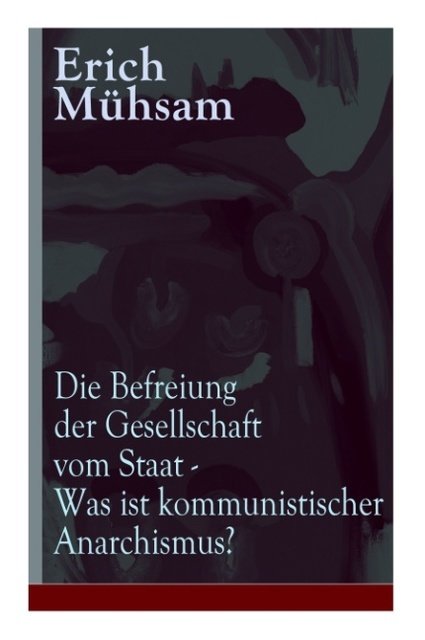Aus dem Buch: "Konnte den Inhabern der kapitalistischen Macht ein größerer Gefallen erwiesen werden als durch solche Lehre? Sind sie nicht sittlich gerechtfertigt, wenn die Sozialisten die Weltanschauung, auf der ihr verwünschtes System ruht, zum Sockel der eigenen Welt erwählen? Die Mittel der Zerstörung eines schlecht befundenen Gesellschaftsbaues mögen von seinen Verteidigern in die Hände der Angreifer gezwungen werden, wie der Kampf gegen Bewaffnete kaum anders als mit Waffen geführt werden kann; wer aber zum Bau einer neuen Gesellschaft die Bausteine der gestürzten benutzen will, der wird zugleich dem alten Geist die neuen Einzugstore bauen. Der Sozialismus hat mit dem Kapitalismus keine Gemeinschaft, nicht in der ökonomischen Struktur noch im ideologischen Inhalt. Daß der Sozialismus an die Stelle des Kapitalismus treten soll, hat seinen Grund nicht in der praktischen Logik zweckdienlicher Oekonomie, sondern im moralischen Gewissen der gerechten Denkart. Wir verabscheuen den Hunger der Armen, und zwar um der Gerechtigkeit willen!" Erich Mühsam (1878-1934) war ein anarchistischer deutscher Schriftsteller, Publizist und Antimilitarist.


